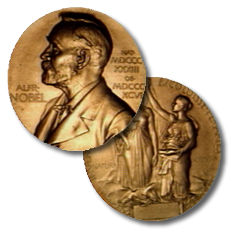 When a woman goes through menopause before age 40, it’s considered early menopause. When this occurs naturally, due to genetics or chromosome defects, it is known as primary ovarian insufficiency and happens to about 1 in 100 women. Early menopause may also result from medical treatments, like chemotherapy or radiation. Researchers from the United States and Japan have recently reported on a new technique in which the ovaries of women who went through early menopause were successfully “reawakened.”
When a woman goes through menopause before age 40, it’s considered early menopause. When this occurs naturally, due to genetics or chromosome defects, it is known as primary ovarian insufficiency and happens to about 1 in 100 women. Early menopause may also result from medical treatments, like chemotherapy or radiation. Researchers from the United States and Japan have recently reported on a new technique in which the ovaries of women who went through early menopause were successfully “reawakened.”
This study included 27 women around age 30 who were infertile with primary ovarian insufficiency. Prior to menopause, eggs in the ovaries begin as follicles and remain that way until some of them mature each month. After menopause, some follicles may remain, but in a dormant state. The researchers’ goal was to activate the remaining follicles in the ovaries of women with primary ovarian insufficiency. To “awaken” the follicles, researchers followed several steps. First, they removed the ovaries and cut them into pieces. Next, they introduced a chemical to spur egg development and replaced the ovary fragments at the top of the fallopian tubes. Finally, the women in the study underwent hormone therapy.
In 8 of the 27 women, the sleeping follicles began to develop and form eggs. At this point, the researchers took eggs for in vitro fertilization (IVF). Following this treatment, one woman successfully had a baby, and another is pregnant.
While this study did not yield high success rates, it is gathering significant traction in the medical world. With additional study and refinement, success rates may increase or lead researchers towards other techniques that will offer hope for women who experience early menopause and want a child.
Written by guest blogger Sarah Henning. To learn more about menopause visit: www.menopausenu.org

